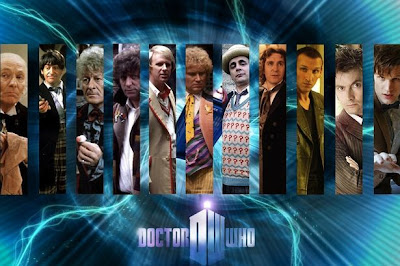Like Water For Chocolate
 |
| They aren't kidding! |
I will also warn those of you who may be sensitive to such things that this film is highly... erotic. There is full frontal female nudity on several occasions and at least on case of full frontal male nudity as well as several actors and actresses pretending to be corpses. There's also a case of pika (where a person eats things that aren't actually edible), but there's reason to that.
I greatly enjoyed the movie despite the language barrier because it was highly interesting. Yes, it is a love story. It's also a movie about cooking and food and I got very hungry watching it. They even have pomegranates!
... which were served with peppers and somehow made everyone want to have sex.
The magic in this movie comes in two forms. First, there are ghosts and spirits in this film. That's a rather tame fantasy/horror element. Ghosts are easy unless they're trying to kill you. Second, the food is... mood altering... to say the least. Whenever the main character, Tita, cooks, whatever she feels while cooking influences the person who eats it. When she makes a cake while feeling despair, everyone cries for lost love and then vomits. When she makes a meal full of longing and... sexual need... well, let's just say we get nudity.
There's no explanation for why or how her mood while cooking affects the mood the the people who eat the food, it just is. Though, it isn't entirely ignored. She actually gets accused of poisoning the food in one scene.
So... you've read all this and you still don't know one thing... What's the story?
Like Water For Chocolate is a story about a young woman named Tita who is desperately in love with a boy named Pedro. Unfortunately, there's a tradition in her family where the youngest daughter is not allowed to marry and must take care of her mother and parents instead. Tita is the youngest daughter so her mother refuses to allow her to marry Pedro and instead offers him the hand of her sister, Rosaura. He accepts, not because he can easily exchange one sister for the other, but because he sees it as the only way he can be close to Tita given the circumstances. The rest of the plot is essentially how life the the family results from these decisions.
The movie focuses a lot on the interpersonal relationships of the family and how these relationships are reflections of the beliefs and regrets of every member of the family. The mother isn't just a miserable old woman, she's a woman who clings to her traditions rather than feel the shame of her one selfish act. Tita, being the main character, gets the most characterization especially as she goes through the film, but she's not completely blameless or innocent either. She does some things that, even by today's standards, would seem rather selfish and cruel.
It was an interesting film that kept me engaged despite the subtitles. Most of the magic can be overlooked or explained away. Did the food make those who ate it cry and get sick because of a power Tita had or because her nanny who taught her to cook poisoned it? Is some of her food naturally arousing or is it arousing because of how she felt while cooking said food? Does Tita's mother really haunt her after she dies or is it Tita's guilt over her affair with Pedro? It doesn't say. It doesn't attempt to say. It is simply part of the story, blended perfectly with the mindset of those who are telling the story.
If this is the example I will be using on what Magical Realism is then I think I've found something of a general standard in that way. First, magic can be part of the story, but it is not the focus. What magic is in the story, can be explained away rationally or not, but that is not the focus of the story either. Second, the focus of the story is on the characters and their relationships or the plot itself. Magic just "happens". Thirdly, there is probably a cultural element to the way the story is told and the magic that exists within the story. I'll watch more movies and read more books and see if this criteria holds up.


Comments
Post a Comment
Have something to say about this post? Write it here!